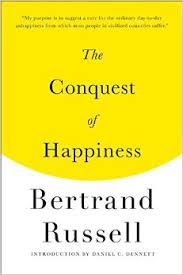I'm struggling with the concept of "bad faith" right now as it relates to our reaction to tragedies. Sartre thinks some people use tragedies to feel better about themselves – they may sign petitions, side with the working class, etc.– while still not seriously questioning themselves. And this is my concern. I'm a letter-writer and FB "like" clicker, but am I just pretending to act, or are these authentic acts in their own right? Is it an act in bad faith if I make a feeble attempt to help because I'm merely following my role? Essentially, what does it look like to question ourselves and our responsibility in the wake of tragedy?
Sartre explains that bad faith is illustrated when we divorce ourselves from our actions or when we make any claim to more limited choices than we actually have. It's what we do when we don't really want to take responsibility for what we're doing - pretending not to notice a hand on our knee, or pretending we had to do x because of the potential for some mild social disapproval. We're inauthentic when we don't admit our part in the game. It's a dishonesty with ourselves. This is what existentialism is chiefly about: challenging the individual to examine their life for intimations of bad faith and to heighten their sensitivity to oppression and exploitation in their world.
 |
| There's something very Groucho about him! |
Sartre explains that bad faith is illustrated when we divorce ourselves from our actions or when we make any claim to more limited choices than we actually have. It's what we do when we don't really want to take responsibility for what we're doing - pretending not to notice a hand on our knee, or pretending we had to do x because of the potential for some mild social disapproval. We're inauthentic when we don't admit our part in the game. It's a dishonesty with ourselves. This is what existentialism is chiefly about: challenging the individual to examine their life for intimations of bad faith and to heighten their sensitivity to oppression and exploitation in their world.


